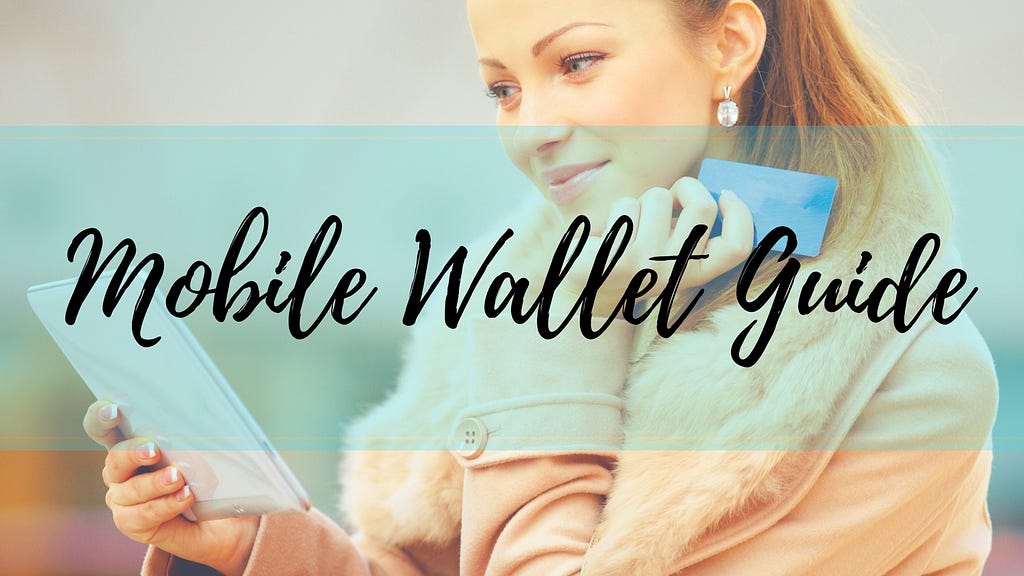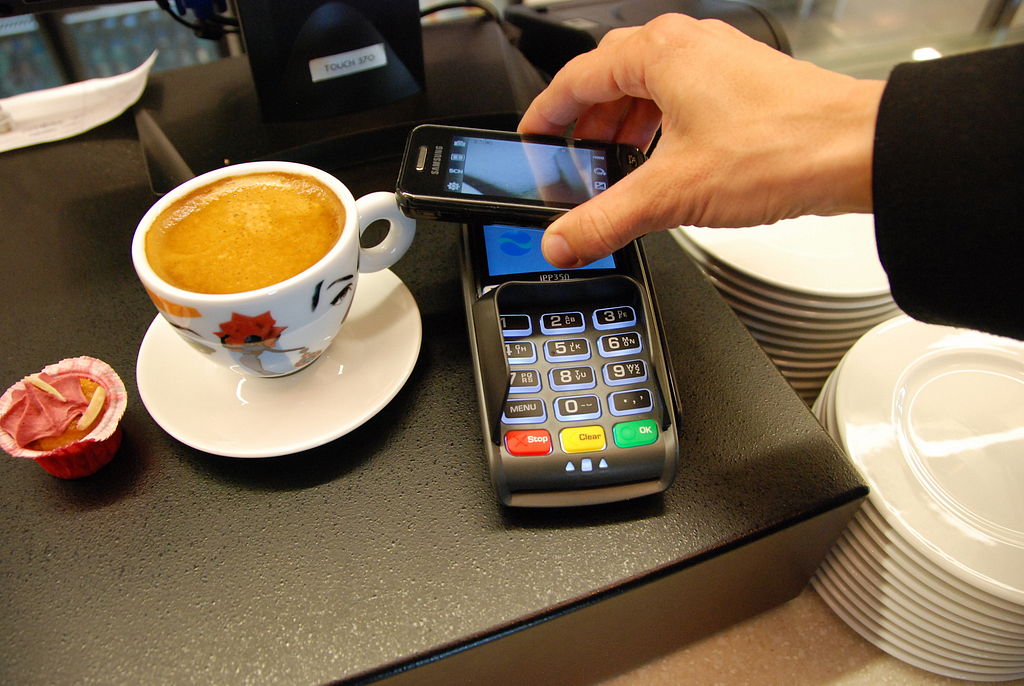Latest news about Bitcoin and all cryptocurrencies. Your daily crypto news habit.
 In today’s world, where our smartphones are turning out to be our ever faithful shadow, fusing together everything from news, work, entertainment, communication, and more into our palm, it’s no surprise that mobile wallets are emerging as a comfortable solution for payments.
In today’s world, where our smartphones are turning out to be our ever faithful shadow, fusing together everything from news, work, entertainment, communication, and more into our palm, it’s no surprise that mobile wallets are emerging as a comfortable solution for payments.
There is a whole lot of options out there, leaving many confused about the best method to adopt. Should I go for net banking, credit/debit cards, the various mobile wallets offering different discounts on different sites or more likely, a combination of them? So far, people have grabbed whatever is readily available to pay for their daily bills, movie tickets, cab rides and just about everything, and here, mobile wallets seem to have scored over others. The checkbook or more correctly, the checking account used to be the springboard for banks to continue, well, banking on their relationship with users by upselling other services. But today, the fundamental platform is rapidly shifting to the mobile, from the checkbook. Meaning, tech companies can now turn into the entry point to banking in ways which were just not possible before, especially, though not only, through payments. Yet, mobile payment adoption hasn’t caught on as fast as expected.
Mobile payment technology has grown in fits and spurts.
Over the past few years, Android Pay, Apple Pay, Samsung Pay, Square, PayPal and more, have all introduced ways to finish a purchase or exchange money using a mobile phone. Also, some vendors, have created their own mobile payment systems and integrating even order fulfillment. It’s driving an evolution in payments. Mobile wallets are still a relatively new but rapidly growing concept, aiming towards a cashless society. However, it will take a lot longer before traditional wallets are entirely replaced. But the adoption of this technology has seen a considerable growth in the past few years. The reason is quite apparent. Mobile wallets have made the payment process an entirely seamless one for us. If you are still new to the concept, here’s what you need to know:
What is a mobile wallet?
Simply put, a digital wallet is to a traditional wallet what an email is to postcards. Most of these wallets work through apps you can download on your smartphones, hence the term mobile wallet. Like Uber made hailing a taxi just a few taps away, a mobile wallet makes payments a few taps away, through the user’s smartphone. Interestingly enough, Uber has the option of using mobile wallets to pay for the trip rather than hard cash. So even if you don’t have cash and you’re too lazy to walk to an ATM, a mobile wallet will allow you to make transactions. Just ensure you have money in your mobile wallet, which you can add through net banking or credit/debit card. In fact, often mobile wallets, categorized for an NFC integration on mobile, allows a secure credit card payment via mobile.
So is the smartphone mightier than the wallet?
- Think about it, for all your different needs, from buying candy to transferring money, there are plenty more digital options available than paper.
- All you need is a smartphone to have access to this technology. With the quick growth of the mobile industry, most people across income categories can use a mobile phone and access the internet.
- It’s also time-saving. Why go to a bank or stand in ATM queues to get cash when tapping for a few seconds on a wallet app are enough to make a payment?
- Additionally, since a considerable slice of our population still doesn’t have credit cards, turning to mobile wallets are a good alternative.
What are they missing?
Providing a smooth digital payment experience to customers encompasses a lot more than aspects like security and the ability to attract users who are used to making transactions in cash and are reluctant to make the shift. Three things are significant for any payment option, access, interoperability and financial sustainability of the operator. Mobile wallets are popular today, but they have limitations. Take, for instance, the lack of interoperability. When you want to transfer money, the sender and receiver need to have the same company’s account. Moreover, the money transferred to a wallet doesn’t earn any interest. In the long term, systems like UPI, which enable direct transfer from bank accounts to pay, appears best suited to facilitate a frictionless transfer of money.
So while many economies are turning their attention to mobile wallets, there are still certain hurdles preventing a wider adoption. At the level of usage, the main issues seem to be payment fees or the lack of incentives, a lack of interoperability, and unstable data connectivity, making transactions less seamless than ideal. The most prominent challenge will remain to keep an eye on security, though. Many mobile users are hesitant to adopt mobile wallets because they don’t trust their financial details to be safe through the process. They are conditioned by their usual financial habits, unwilling to let go of old habits and overcome their doubts. Hence, strengthening the security of transactions on smartphone wallet platforms and user identities needs consistent attention. As adoption has grown, so also has new techniques for identity theft and phishing. Initially, the key challenge for mobile wallet providers will be to keep ahead of threats, and secure transactions and protect user identities with enhanced safeguards. For mobile wallet providers, the second key challenge is staying ahead of user habits and expectations. Ensuring the payment process is simple and seamless for the user should be the continuing attempt.
Additionally, empowering mobile wallets to do more for the user by integrating various services can improve loyalty by fostering a stronger dependence. Lastly, they must keep in mind that frictionless payments are the future. Meaning, payment mechanisms which are effortless, that don’t require users to remember too many passwords, PINs, etc., perhaps, biometrics-enabled.
Originally published on Insights from CognitiveClouds: Top Mobile App Development Agency
 This story is published in The Startup, Medium’s largest entrepreneurship publication followed by 294,522+ people.Subscribe to receive our top stories here.
This story is published in The Startup, Medium’s largest entrepreneurship publication followed by 294,522+ people.Subscribe to receive our top stories here.
A Basic Guide To Mobile Wallets was originally published in The Startup on Medium, where people are continuing the conversation by highlighting and responding to this story.
Disclaimer
The views and opinions expressed in this article are solely those of the authors and do not reflect the views of Bitcoin Insider. Every investment and trading move involves risk - this is especially true for cryptocurrencies given their volatility. We strongly advise our readers to conduct their own research when making a decision.
